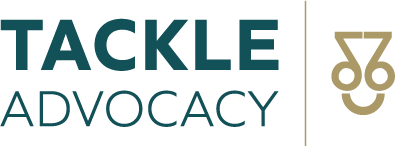Frequently Asked Questions
What is the difference between an advocate and an attorney?
The most important difference is that an advocate cannot give you legal advice, represent you in a legal capacity or prepare legal documents in a dispute. However, an advocate can review your child’s educational records, attend school meetings with you and provide guidance and support. An advocate is part of your TEAM, the support system that helps ensure that the individual needs of your child are met in school.
Why do you need an advocate?
An advocate is your support system. It can be overwhelming to walk into a meeting comprised of multiple school professionals who are sharing copious amounts of information about your child’s educational needs. An advocate goes into this meeting as your ally, helping you understand the information being disseminated and offers advice and support as the TEAM makes decisions about your child’s education.
What are your fees?
Download our fees, here.
How Do Parents Know the Extent of Their Child’s Educational Needs?
Understandably, many parents can’t be certain about these issues. They seek advocacy support to help them identify what may be affecting their child’s education. This is what we do – assist families to pinpoint learning difficulties. Some families already have an analysis and are being served by an IEP/504. We can review these documents to ensure we meet all your needs.
Do educational advocates have a code of ethics?
Although there is not a specific code of ethics for educational advocates, I am a member of COPAA and adhere to the voluntary code of ethics adopted by this organization. I use this as a guide for my professional work, conduct, and decision-making.
My child has a diagnosis that impacts their ability to access the general education curriculum. What are their rights so they can continue to grow academically?
Your child has the right to an appropriate education, including, if necessary, educational services designed to meet their individual needs to the same extent as the needs of a student without learning differences are met. Whether through an IEP or 504 plan, children with areas of vulnerability, chronic illnesses, and other learning impairments qualify for classroom accommodations.
